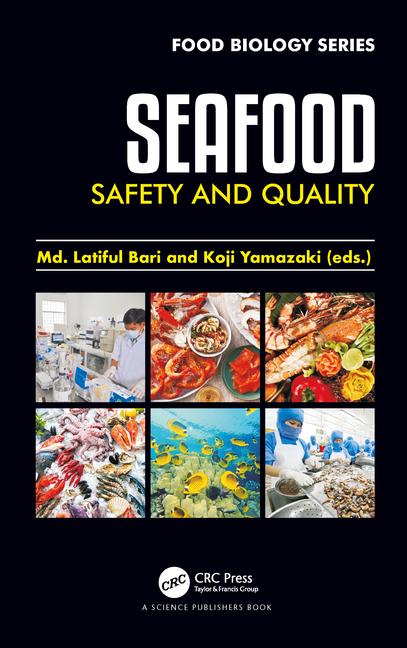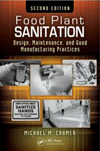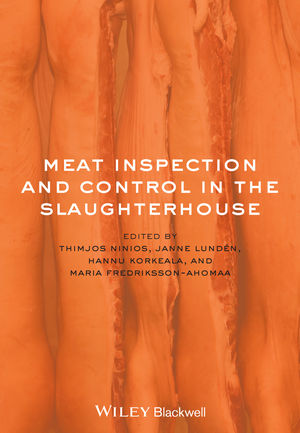FDA signs partnership with Ecuador to enhance safety of shrimp imports
Shrimp is the most consumed seafood in the United States, the vast majority of which is imported.
.jpg?1743090466)
The U.S. Food and Drug Administration recently signed a Regulatory Partnership Arrangement (RPA) with Ecuador’s seafood regulatory authority to strengthen food safety in shrimp intended for the U.S. market. Shrimp is the most consumed seafood in the United States, the vast majority of which is imported. Ecuador is one of the leading exporters of aquacultured shrimp to the United States.
The first of its kind, this regulatory partnership serves as an arrangement between the FDA and the Vice Ministry of Aquaculture and Fisheries (VMAF) to work more closely to reinforce food safety practices along the entire supply chain. Such arrangements aim to leverage commodity-specific oversight systems — in this case, involving imported aquacultured shrimp — along with data and information, to strengthen food safety before and at the port of entry.
In preparing for the RPA with Ecuador, in August 2022, the FDA and VMAF signed a confidentiality commitment (CC) that allows for the exchange of confidential information, including inspection records, sample findings, and other non-public documents.
In addition, the FDA did a rigorous assessment of the strength of Ecuador’s aquacultured seafood safety system and examined important parts of VMAF’s programs and capabilities. This includes assessment of key aspects of Ecuador’s regulatory framework for shrimp, including review of its:
- Legal framework.
- Inspection and enforcement capabilities.
- Verification and audit programs.
- Aquatic animals’ disease prevention and surveillance programs.
- Illness outbreak responses.
- Training.
- Laboratory resources.
Through this assessment, the FDA is confident that Ecuador has key components of a food safety oversight system for shrimp and shrimp products intended for export to the U.S. As a result of the assessment, the FDA will be able to leverage data and information from Ecuador for their regulatory decision making. As well, Ecuador will leverage data analytics from FDA to inform their regulatory activities.
In 2021, the U. S. Congress highlighted the importance of food safety related to shrimp by mandating that the FDA consider and develop new options for enhancing the regulation of imported aquaculture shrimp including setting up an RPA with each of the three largest exporting countries by volume, India, Indonesia, and Ecuador. Since then, the FDA is taking steps to implement that mandate with all three countries. With the signing of this first-ever RPA with Ecuador, FDA is delivering on this mandate.
This new RPA with Ecuador sets forth how FDA and VMAF intend to collaborate with one another to:
- Share information on best practices, food safety policies, and regulatory approaches to address the safety of shrimp.
- Ensure prompt notification and response to adverse food safety events such as illnesses, recalls, and outbreaks.
- Promote and conduct training, including FDA Import Operations, Basic HACCP, Train-the-Trainer HACCP, Good Aquaculture Practices, Good Fishing Vessel Practices, and seafood decomposition detection.
- Participate in shrimp inspections, audits, and investigations.
FDA has already been sharing information with VMAF since the CC was signed, including import refusals, compliance actions, and detailed sampling results. In response, VMAF has provided information to the FDA on Ecuador’s regulatory follow-up to these events.
Additional information
Looking for a reprint of this article?
From high-res PDFs to custom plaques, order your copy today!






